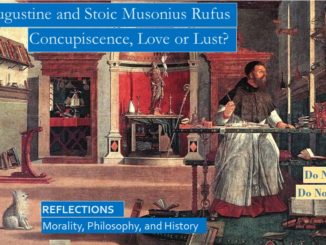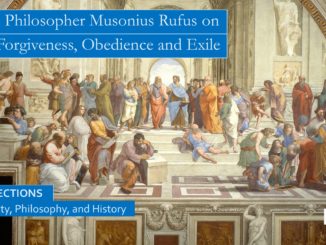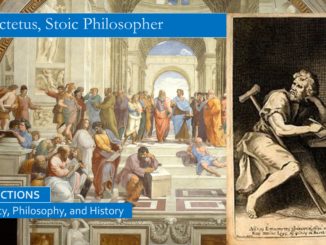
St Augustine on Concupiscence, Blog 2
St Augustine starts his discussion on “On the Good of Marriage” with a discussion how marriage is first a friendship in bonds of family, and a friendship between man and wife, friends who walk together, side by side, raising children, growing old together. St Augustine is a bit harsher in “Marriage and Concupiscence,” teaching that “in matrimony, let these nuptial blessings b the objects of our love – offspring, fidelity, the sacramental bond.” This sacramental bond is meant to be ever-enduring, “lost neither by divorce nor by adultery, and should be guarded by husband and wife with concord and charity.” […]


